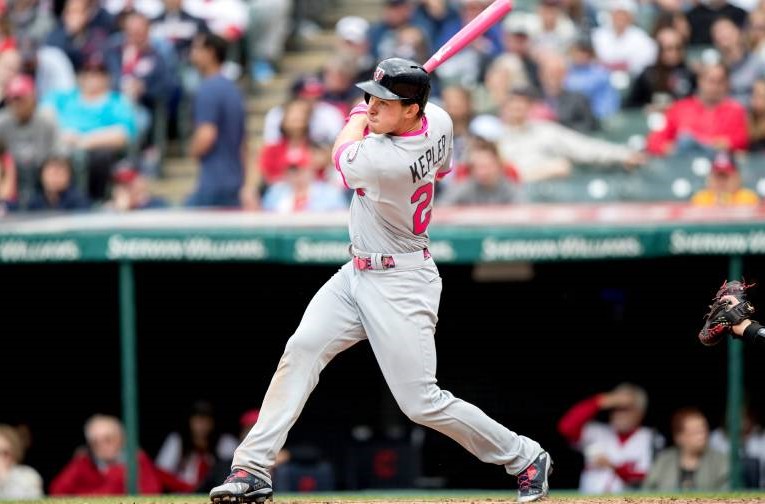
Everyone knows the situation that was negotiated in the legal dispute from their own experience: You google for brand and product - in this case "Ortlieb bicycle bag" - and Amazon's advertisement, which contains exactly these Adwords, appears right at the top of the Google results list. Clicking on the link, however, leads to a colourful collection of bicycle bags from various manufacturers.
This is not only misleading for the consumer, but also abuses the brand name of Ortlieb. In future, the Heilsbronn-based bag specialist and all brand manufacturers will no longer have to accept the fact that the awareness of its own brand name promotes competitors.
"This is a big step for brands," explains Martin Esslinger, Sales Manager at Ortlieb. For more than five years he accompanied the legal dispute between Ortlieb and the online giant through all instances. Again and again Ortlieb won, and Amazon appealed. With its most recent ruling, the BGH confirmed a corresponding ruling by the Munich Higher Regional Court and thus closed the case.
But was all the trouble for Ortlieb worth it? "Our intention was to keep brand sovereignty in our hands," says Esslinger about Ortlieb's motivation. "Especially in today's world, where platforms like Amazon strategically promote the exchangeability of brands, brand sovereignty and the associated brand identity are more important than ever." If they are lost, it will become tough for a premium brand like Ortlieb, which still produces in Germany.
The ruling is currently attracting a great deal of media attention and applause from consumers, retailers and brands. Among the like-minded in the outdoor market are Ortovox and Deuter, who also work with selective distribution and exclude marketplaces by contract.
"We fear a negative effect for our brand, because Amazon in no way represents a reputation for us," explains Felix Imaschewski, Sales Director of Ortovox. Amazon's high commissions draw margin that is lacking elsewhere. "We want the efforts of the authorised specialist retail to be rewarded by making the turnover and at the same time building us up," says Imaschewski.

Actually there should not be many brand products on Amazon at all. Ortlieb and numerous other brands sell their products exclusively through selected online retailers and the stationary specialist retail, where trained personnel can point out the differences and provide real advice. It is not for nothing that a brand like Ortlieb has grown up via the specialist trade, which now also functions very well online. The latter is important because the necessary visibility on the net does not depend on a presence on Amazon.
Ortlieb distributors and retailers also do not sell via marketplaces. This is regulated by the selective distribution agreement introduced at Ortlieb in 2011. "Unfortunately, there are black sheep somewhere who still supply Amazon with our goods," says Esslinger. In order to make the supply chain transparent, Ortlieb is looking for new solutions. Esslinger: "Today the investment is still too big, but we are working on it."
The increasing power of Amazon has long been viewed critically. About half of all online sales in Germany are generated via the platform. This creates dangerous dependencies for brands and retailers with Amazon as their distribution channel. While some see an increase in consumer protection in online trading because it stimulates competition and lowers prices, others fear the loss of brand diversity.
Esslinger and Imaschewski also see this: "My personal fear is that Amazon's dominance will endanger plurality in the market," explains Imaschewski. "I do not share the view of consumer protection in this respect. The consumer is an employee somewhere, too, and the shift of sales to Amazon and the increasingly empty inner cities ultimately also endanger jobs." But he stays hopeful: "I have the great hope that with the growing prominence of Amazon also the desire for the niche grows.






